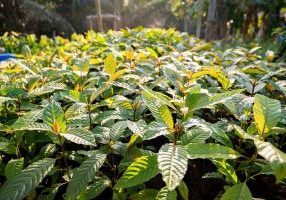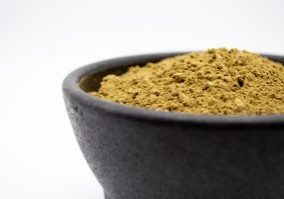Welcome back, Left Coast Kratom community! Today, we are delving into a vital and often overlooked aspect of the Kratom industry: ethics. From responsible sourcing to sustainability, the ethical considerations in the Kratom industry extend beyond the surface. Join us as we unpack these issues and discuss the importance of ethical practices in the Kratom supply chain.
Why Does Ethical Sourcing Matter?
Just like the journey of a coffee bean from farm to cup, Kratom leaves undergo a complex journey from the tropical rainforests of Southeast Asia to your doorstep. Ethical sourcing refers to the responsibility of ensuring this journey respects both people and the environment. Here are some reasons why it matters:
Workers’ Rights
At the start of the Kratom journey are the farmers and harvesters. These individuals are often local residents of the Southeast Asian regions where Kratom grows naturally. It’s crucial that these workers receive fair wages, work under safe conditions, and that their rights are respected.
Environmental Impact
Kratom, or Mitragyna Speciosa, is a tropical tree native to Southeast Asia. The rapid growth of the Kratom industry can lead to exploitation and unsustainable harvesting practices, potentially harming these lush ecosystems. Ethical sourcing ensures that harvesting is done sustainably, preserving the environment for future generations.
Sustainable Harvesting: A Crucial Part of Ethical Kratom
Sustainable harvesting ensures that the natural environments where Kratom grows are not depleted or damaged. This involves practices like not over-harvesting trees, allowing trees to mature fully before harvesting, and responsibly planting new trees to replace those that have been harvested.
These practices ensure that the delicate balance of these ecosystems is maintained, preserving biodiversity and allowing the Kratom industry to thrive without causing ecological harm.
Fair Trade: Ensuring Equitable Practices
Fair trade practices play an essential role in the ethical Kratom industry. This involves establishing direct relationships with Kratom farmers, ensuring they are paid a fair wage for their labor, and providing them with the tools and knowledge to sustainably harvest and produce Kratom. Fair trade practices create a more equitable Kratom industry where every individual along the supply chain benefits.
Transparent Supply Chains: Knowing Where Your Kratom Comes From
Transparency in the Kratom industry involves companies being open about their sourcing and production processes. This means sharing information about where the Kratom is grown, how it is harvested, and how it is processed. Transparent supply chains allow consumers to make informed decisions and support companies that uphold ethical practices.
The Role of Consumers in Ethical Kratom Sourcing
As consumers, each one of us plays a vital role in supporting ethical practices in the Kratom industry. By choosing to purchase Kratom from vendors that prioritize ethical sourcing, fair trade, and transparency, we can help drive demand for ethical Kratom and influence positive change within the industry.
At Left Coast Kratom, we’re proud to uphold these values. We’re dedicated to providing high-quality, ethically sourced Kratom, maintaining a transparent supply chain, and supporting the hardworking farmers who make our business possible. We believe that together, we can make a difference and ensure that the Kratom industry continues to grow in a way that benefits both people and the planet.
Ethics in the Kratom industry is an ongoing conversation, one that involves everyone from farmers and harvesters to vendors and consumers. By keeping these conversations alive, we can continue to learn, improve, and ensure that the Kratom industry thrives ethically and sustainably for generations to come.










